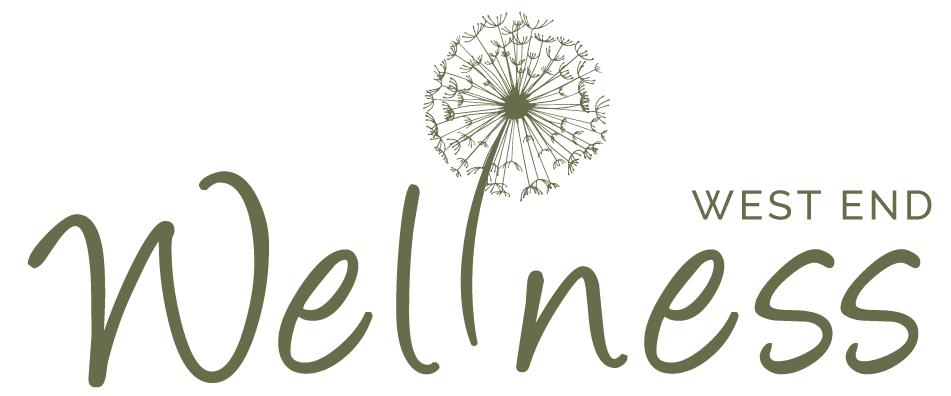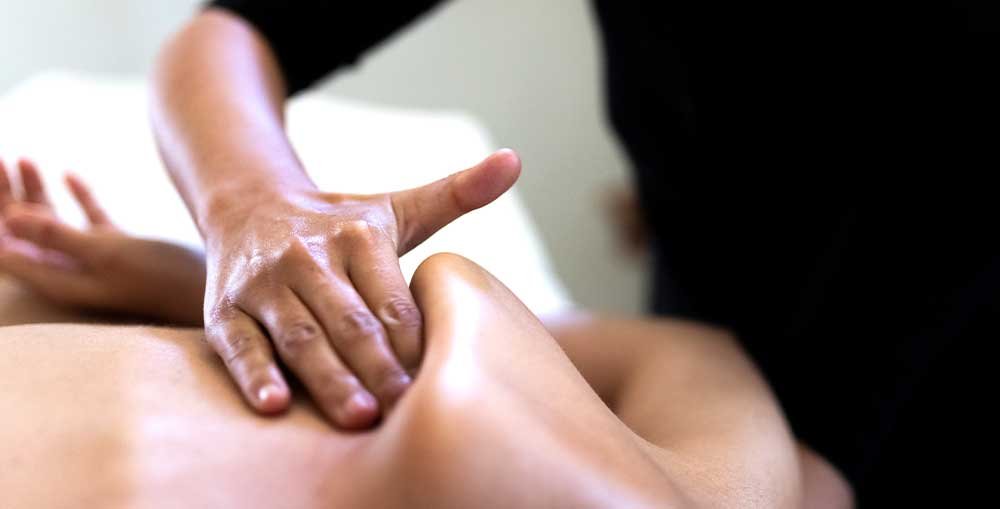Conquer Headaches Naturally: Acupuncture's Secret Weapon
Table of Contents Show
Quick Summary
Acupuncture and Tui Na, rooted in Traditional Chinese Medicine, effectively relieve headaches and migraines holistically. Acupuncture stimulates specific body points to release endorphins, reduce inflammation, and improve circulation, thus relieving pain and reducing stress.
Tui Na complements acupuncture by using manual techniques to enhance Qi flow and address muscular tension. Together, they form a comprehensive treatment that addresses symptoms and underlying causes of headaches and migraines.
Headaches and migraines are not just simple discomforts; they can be debilitating conditions that affect millions globally, disrupting daily life and overall well-being.
The quest for relief often leads individuals down a path of various treatments, including medication and lifestyle changes. However, an ancient and holistic approach, acupuncture, has emerged as a profoundly effective solution for many.
In this article, we delve into acupuncture. This time-honoured practice intertwines with modern medical understanding to provide a unique and effective treatment for headaches and migraines.
Through our expert care, we reveal how this ancient technique alleviates pain, calms the mind, and restores balance to those suffering from these challenging conditions.
How Do I Know If It's A Migraine Or Just A Headache?
Though often used interchangeably, headaches and migraines have distinct characteristics and triggers that affect individuals differently. Understanding these nuances is crucial in seeking effective treatment.
Headaches often manifest as pain in any head region, varying in intensity, duration, and cause. They may be sporadic or frequent and can be triggered by various factors, including stress, lack of sleep, diet, environmental changes, and physical posture. The pain is typically consistent and pressing, affecting both sides of the head.
Migraines, on the other hand, are more intense and debilitating. They are characterized by a throbbing or pulsating pain, usually on one side of the head. Migraines can be accompanied by nausea, sensitivity to light and sound, and visual disturbances known as auras.
Migraine triggers are often similar to those of headaches but can also include hormonal changes, certain foods and beverages, and even weather changes.
Both conditions are not just physical ailments; they deeply impact an individual's quality of life, often leading to missed workdays, social isolation, and a general decrease in life satisfaction.
Understanding the specific type and cause of headache or migraine is vital in determining the most effective treatment approach.
The Role of Acupuncture in Treating Headaches and Migraines
At West End Wellness, our approach to treating headaches and migraines centers around the ancient practice of acupuncture.
This method, rooted in Traditional Chinese Medicine, involves the insertion of fine needles into specific points on the body to stimulate the nervous system and promote healing.
How Acupuncture Works:
Pain Relief: Acupuncture is believed to stimulate the release of endorphins, the body's natural painkillers, which help in reducing the perception of pain.
Reducing Inflammation: By targeting specific points, acupuncture can help reduce inflammation and swelling in the body, which are common contributors to headaches and migraines.
Improving Blood Circulation: Enhanced circulation helps in better oxygenation and nutrient supply to the tissues, which can alleviate headache symptoms.
Stress Reduction: Acupuncture is known to have a calming effect on the nervous system, reducing stress and tension, which are often triggers for headaches and migraines.
Regulating Hormonal Balance: Acupuncture can help balance the body's hormones, and it is particularly effective in migraines triggered by hormonal changes.
Benefits of Acupuncture for Headaches and Migraines:
Prevention and Reduction in Frequency: Regular acupuncture sessions have been shown to reduce the frequency and intensity of migraines and headaches.
Natural and Holistic: Acupuncture is a drug-free approach, offering a natural alternative or complement to traditional medical treatments.
Customized Treatment: Each treatment plan at West End Wellness is tailored to the individual's specific symptoms and triggers, providing a personalized approach to pain relief.
Introduction to Tui Na and Its Role in Traditional Chinese Medicine
Tui Na, an integral part of Traditional Chinese Medicine (TCM), is a powerful therapeutic approach that complements acupuncture in treating various conditions, including headaches and migraines.
This ancient practice, which dates back to the Shang Dynasty, involves a range of hand techniques applied to the body or specific acupressure points.
The term "Tui Na" translates to "push" (Tui) and "grasp" (Na), aptly describing the methods used in this therapy.
Check out our article on Tui Na, and learn more about this ancient yet effective treatment.
Role in Traditional Chinese Medicine:
Holistic Approach: like other TCM practices, Tui Na emphasizes the balance of Qi (life energy) in the body. It's designed to follow the energy channels, known as meridians, to enhance the flow of Qi.
Versatility: Tui Na is adaptable for treating various conditions, from musculoskeletal to internal disorders, making it a versatile modality in TCM.
Tui Na as a Complementary Technique to Acupuncture
In the context of headaches and migraines, Tui Na and acupuncture form a synergistic pair, each enhancing the efficacy of the other:
Enhanced Effectiveness: When combined, Tui Na's manipulation techniques and acupuncture needle insertions work more effectively to release blockages in Qi flow.
Broadened Scope of Treatment: While acupuncture works on a subtle level, Tui Na offers a more physical dimension to the treatment, addressing muscular tension and circulatory issues that can contribute to headaches.
Benefits of Tui Na
Tui Na offers a range of therapeutic benefits, making it an excellent choice for those suffering from headaches and migraines, as well as other conditions:
Relief for Joint Pain and Arthritis: Through manipulation and pressure techniques, Tui Na can alleviate pain and improve mobility in joints affected by arthritis.
Effective for Sciatica: Tui Na techniques can target areas affected by sciatica, offering pain relief and aiding in nerve function recovery.
Treatment for Insomnia: By promoting relaxation and balancing Qi, Tui Na can help alleviate insomnia, improve overall well-being, and prevent headaches.
Headaches and Migraines: The therapy can directly target the specific areas and meridians related to headaches, offering immediate relief and long-term prevention.
Muscle Relaxation: Tui Na's techniques help in relaxing tense muscles, a common contributor to headache and migraine pain.
You can read more about ‘What is Tui Na massage’ in our recent article, "Discovering the Healing Touch of Tui Na Massage.
Incorporating Tui Na alongside acupuncture can provide a comprehensive approach to treating headaches and migraines. This combination addresses the immediate symptoms and works towards long-term prevention and overall health improvement.
FAQ: Acupuncture for Headaches and Migraines
Can Acupuncture help headaches?
Yes, acupuncture can be helpful in treating headaches. It works by stimulating certain points on the body, which releases endorphins (natural painkillers) and improves blood circulation.
This can reduce pain and the frequency of headaches. Acupuncture is known for its effectiveness in treating various types of headaches, including tension headaches and migraines.
How many sessions of Acupuncture do you need for a headache?
The number of acupuncture sessions needed for headache relief varies depending on the individual's condition and response to treatment. Generally, some people may experience relief after just one session, while others might need multiple sessions.
A typical course of treatment might start with frequent sessions (e.g., once or twice a week) and then gradually reduce in frequency as symptoms improve. It's important to have a personalized treatment plan tailored to your specific needs.
How successful is Acupuncture for migraine?
Acupuncture has been found to be quite successful in managing migraines. Studies have shown that it can reduce the frequency and intensity of migraine attacks. In some cases, it has been as effective as preventive medications for migraines.
The success of acupuncture for migraines can vary from person to person, but it is generally considered a valuable and effective treatment option, especially for those seeking a non-pharmaceutical approach.
Are there side effects of Acupuncture for migraines?
Acupuncture is generally considered safe when performed by a trained and licensed practitioner. Side effects are usually minimal but can include soreness, minor bleeding, or bruising at the needle sites.
In rare cases, there might be a temporary worsening of symptoms before improvement is noticed. It is important to discuss any concerns or potential risks with your acupuncture practitioner before starting treatment.
It's important to consult with a healthcare professional to determine if acupuncture is the right treatment for your specific case of headaches or migraines.
Why do we get headaches?
Conclusion
In this exploration of the role of acupuncture and Tui Na in managing headaches and migraines, we've uncovered the deep-rooted efficacy of these traditional Chinese medicine techniques.
Here are 2 key takeaways for you to consider:
Proven Efficacy of Acupuncture for Headaches and Migraines: Acupuncture, a central part of traditional Chinese medicine, has been shown to be effective in alleviating headache pain and reducing the frequency and severity of migraines.
Synergistic Benefits of Combining Acupuncture and Tui Na: The combination of acupuncture and Tui Na massage offers a comprehensive treatment approach, addressing the symptoms and underlying causes of headaches and migraines, such as stress and muscle tension.
Whether you're grappling with occasional headaches or chronic migraines, our holistic treatments are tailored to provide you with the most effective relief and long-term health benefits.
We invite you to take the first step towards a life free from the debilitating effects of headaches and migraines. If you do have any concerns or questions that have not been answered, then please reach out and we will be more than glad to help.
If you have any further doubts or questions regarding this subject or another treatment, contact one of our experienced Acupuncturists or Registered Massage Therapists here at West End Wellness Clinic. You can either give us a call or make an appointment.
Disclaimer: Please remember this article is for informational purposes only and should not replace professional medical advice. Please consult a healthcare provider or someone with the correct qualifications before starting any new exercise or treatment program.






